Teacher qualification exams prove a stumbling block for many would-be educators in Mississippi

Jennifer Allen has wanted to be a teacher since high school. She admired her social studies and English teachers especially. After four years studying elementary education at Delta State University and a full-time teaching position in a local district her senior year, she felt she had cleared all the important hurdles to becoming a certified teacher in Mississippi.
But then came PRAXIS, a series of tests that nearly every teacher in Mississippi must take to become a certified teacher.
“It made me second guess a career that I fell in love with,” she said. “Much of what I learned over the four years of college is not in the practice material.”
She’s not alone. In roughly half of public and private universities with education programs, 50% or more of students do not pass at least one section of the PRAXIS exam on their first try.
Some students even opted for more classes at school to bypass having to take the test, which would mean an additional $1,200 for Allen.
Nearly a quarter of the 1,892 Mississippi test takers walked away after flunking on the first attempt of the most commonly taken PRAXIS Elementary Education exam from 2015 to 2018, leaving fewer teachers to fill a growing list of teacher vacancies in critical shortage areas.
The Board of Education implemented a waiver during the pandemic to allow students to be certified without taking the PRAXIS, but that waiver ended in December 2021. Students graduating as late as December 2023 took advantage of the waiver.
Now university education departments, school district officials and teachers are struggling to re-adjust to a more rigid path to teacher licensure.
“It’s outrageous that effective educators are dismissed by the profession for not passing PRAXIS,” said Clayton Barksdale, a former public school principal in Greenville and executive director of the West Mississippi Education Consortium. “Many prove their impact while on emergency licenses, only to be fired then immediately rehired as a long-term substitute – doing the same work for a fraction of the pay, with no benefits or retirement.”
“We must do better.”
Shortage areas
Didriquez Smith has taken the PRAXIS content test three times and spent nearly a thousand dollars. He coaches football at Clarksdale High School and teaches physical education on an emergency license.
He failed just one of the three tests in his past two attempts: Foundations of Reading, which covers reading comprehension and teaching reading.
The Praxis exam has several parts. The content knowledge test covers the subject aspiring teachers want to teach, like biology or elementary English. The Principles of Learning test covers how teachers should prepare lesson plans and approach classroom instruction for different subjects. Students who don’t have at least a 3.0 GPA must also take an Academic Skills for Educators test, which is also called PRAXIS Core.
Per try, the elementary education exam costs $209, and the PRAXIS core test $90. Some of the content tests such as art instruction cost $130.
Smith had to travel nearly 300 miles to Birmingham to take his third attempt at the test because the test wasn’t offered closer at the end of the school year. He is currently saving up enough money to take it again.
He loves his job, particularly informing his community about the importance of healthy habits.
He hopes he can continue to keep students healthy and active at school. In the Mississippi Delta, the obesity rate among children is 29%.
However, if he can’t pass each required PRAXIS test in the next year, he may be out of a job. As much as his boss in the principal’s office may want to keep him in his role, state regulations penalize schools in their annual accountability scores if they have faculty teaching without a license. Schools can also lose accreditation.
Since childhood, Skylar Ball had planned on becoming a kindergarten teacher. She followed her mother into education, even attending the same alma mater of Blue Mountain Christian University.
“Teaching elementary school is like Disney World,” she said. “Elementary students, you can do so much with them. You can make an early impact.”
However, one and a half years after graduation, she remains an assistant teacher, making several thousand less a month than she budgeted for while she saves enough money to take the PRAXIS exam for the third time.
She was two questions shy of passing on her latest attempt.
“I was so blessed to educate 20 amazing kindergartners last school year under an emergency license … I am currently a paraprofessional in an amazing district, but I’d be lying if I said I wasn’t upset about not being able to lead a classroom of my own,” Ball said.
She struggled with the Elementary Education exam, a PRAXIS test with the lowest pass rate in the state. Although she was aiming to become a kindergarten English teacher, her test covered kindergarten through sixth grade instruction as well as science, math, art, English, and social studies, among other subjects.
In an analysis conducted by the National Council on Teacher Quality, the nonprofit found that Mississippi’s Elementary Education content test did a subpar job measuring whether would-be teachers have the knowledge and skills needed for a career in their classrooms.
“Does this test tell districts if they are prepared to lead an elementary school classroom in this content area? It does not,” said Hannah Putman, managing director of research at the National Council on Teacher Quality.
The university’s role
Universities in Mississippi play an important role in filling teacher vacancies with fresh talent. Pass rates on PRAXIS exams vary among universities with Alcorn State University posting the lowest first-time pass rates, according to the most recent data from 2022-2023 school year. Mississippi Valley State University posted that none of its students took two of the three main PRAXIS exams for the same year.
This data has a smaller sample size of teachers as a majority gained licensure under the COVID waiver.
Mississippi College posted the best results with over 93% of students passing the pedagogy section test and 100% of students passing both the content test and the Foundations of Reading test. Over 90% of University of Southern Mississippi students passed their three PRAXIS exams.
Timolin Howard, a Mississippi Valley State graduate, doesn’t regret enrolling in the school’s masters in teaching program. She believes instructors have given her the tools to succeed in the classroom.
After finding out her test scores were insufficient for licensure, she had a stroke. She also says she received mixed messaging from the state licensure board regarding cut-off scores.
“I found that, while I was well-prepared for real-world teaching, I wasn’t fully prepared for the demands of the certification exams,” she said.
She said she can manage students, build lesson plans and come up with classroom activities that help students master common core competencies. But Howard realized she had gaps in her foundational knowledge when it came to studying for the PRAXIS exams. She reached out to her school for help.
The university cancelled a workshop taught on campus, which was preparing students for the Foundations of Reading exam. It wasn’t the first time a PRAXIS preparation workshop was cancelled, Howard said.
“It left me feeling overwhelmed as I tried to catch up, and it significantly impacted my confidence, academic performance and health,” she said.
This year, her Delta school district released her from her contract because she lacked the right licensure.
Mississippi Valley State University’s education department did not respond to comment despite repeated attempts to reach representatives.
Grow Your Own
For eight years, Adrienne Hudson has led the nonprofit organization RISE, which helps recruit and retain new teachers in Mississippi Delta school districts.
Hudson had already been informally mentoring and tutoring teachers who struggled with the PRAXIS exam and other technical aspects of licensure in her Clarksdale school. She founded RISE to help more.
Hudson takes pride in the start of performance-based licensure in her district. Letting teachers become certified teachers through improving test scores in state-tested subjects will help schools retain talented teachers, said Hudson of the new path to teacher certification.
“Some of the responsibilities are on the university and some are the systems that require the test to be the measuring stick for becoming a teacher,” she said. “We have students getting dean’s list, who can’t pass the test.”
More would-be teachers are going back to school later in life than ever before. Fewer teachers are entering the traditional route, which involves majoring in education as an undergraduate as opposed to the alternate route through a masters. In the 2018-2019 school year, 27% of students getting an education degree went the alternate route. in 2022-2023, 45% did.
Tony Latiker, dean of Jackson State University’s school of education, saw a similar trend. He theorizes the reason so many students are going the alternative route is because of the many requirements that await undergraduates at the end of their four years. Alternative route students have fewer testing requirements to meet.
One solution he has found is to have traditional route students take exams closer to when they finish coursework that corresponds. For example, he encourages students to take the Foundations of Reading exam after they complete their early literacy courses, which are offered in some form at all Mississippi universities with an education program.
Jackson State also offers an elective that prepares students for the PRAXIS tests and other technical requirements of licensure. Professors and visiting instructors also host workshops on campus.
“We really should be questioning the exams,” Latiker told Mississippi Today. “I’m not against the exams and testing, but I’m against them being the high stakes tests they are. It should be a part of a more holistic process, incorporating district personnel and university faculty input in classrooms, assessing pre-service teachers and interns at the end of lessons, to see if they’re actually effective.”
___



